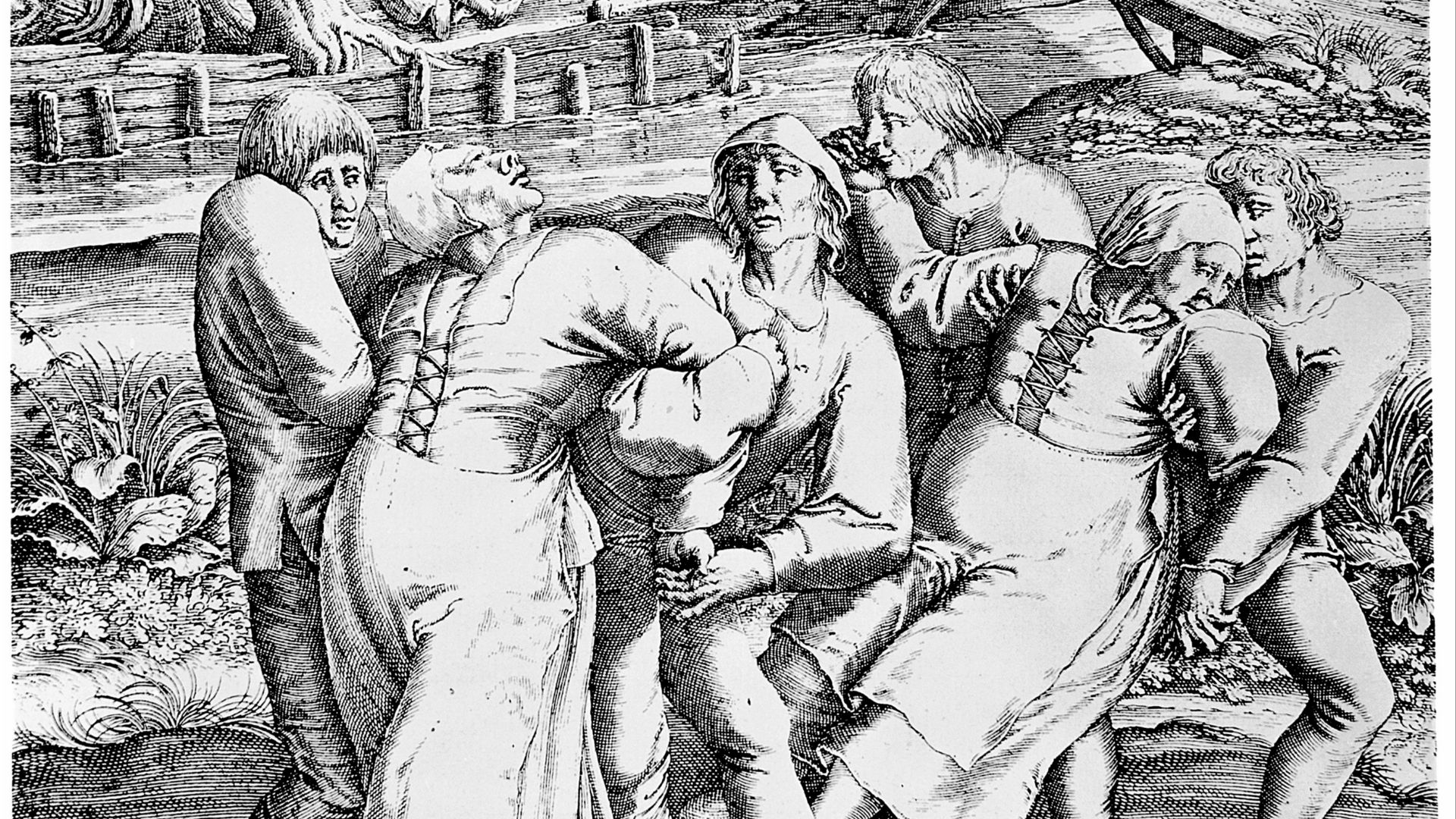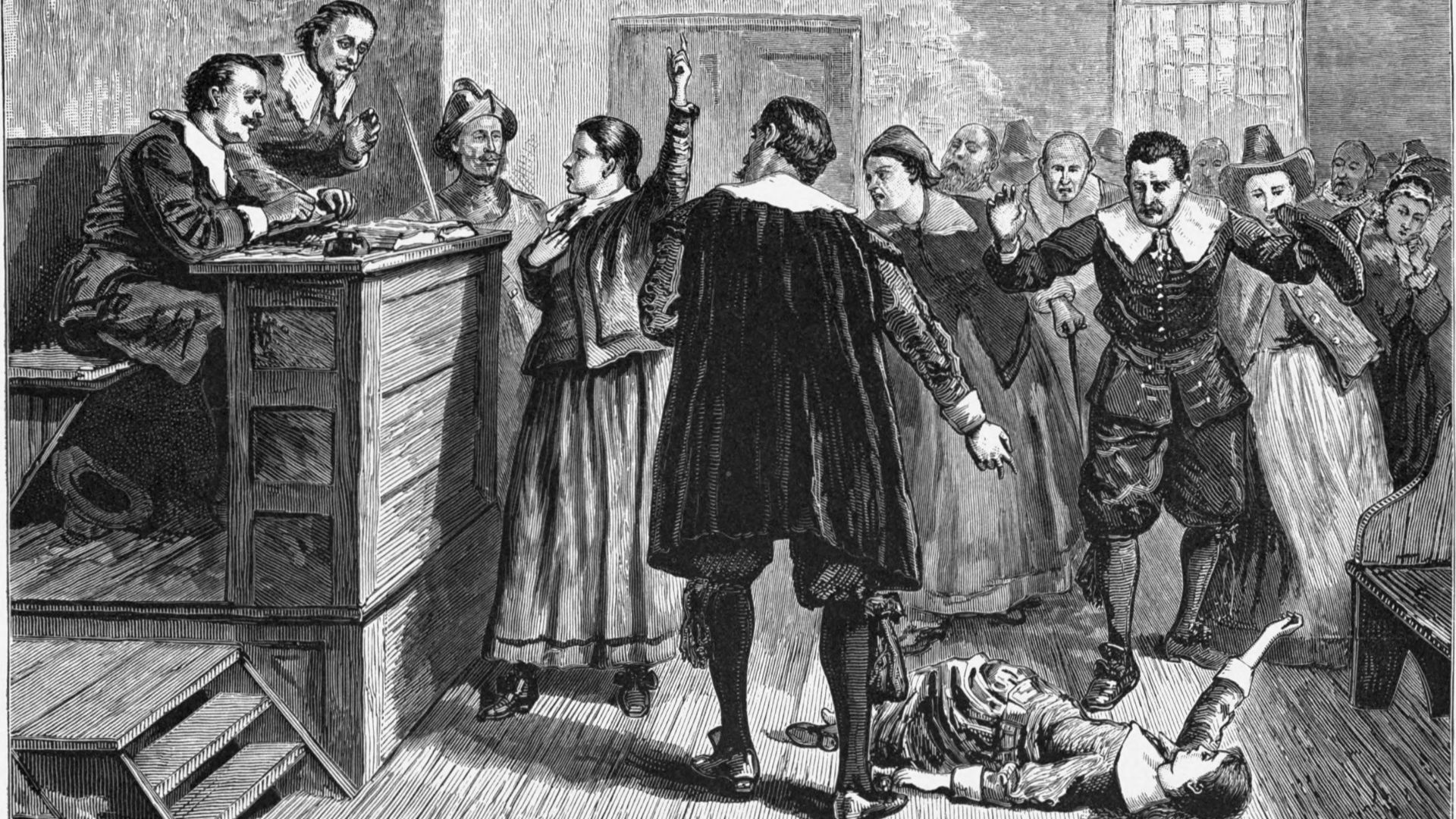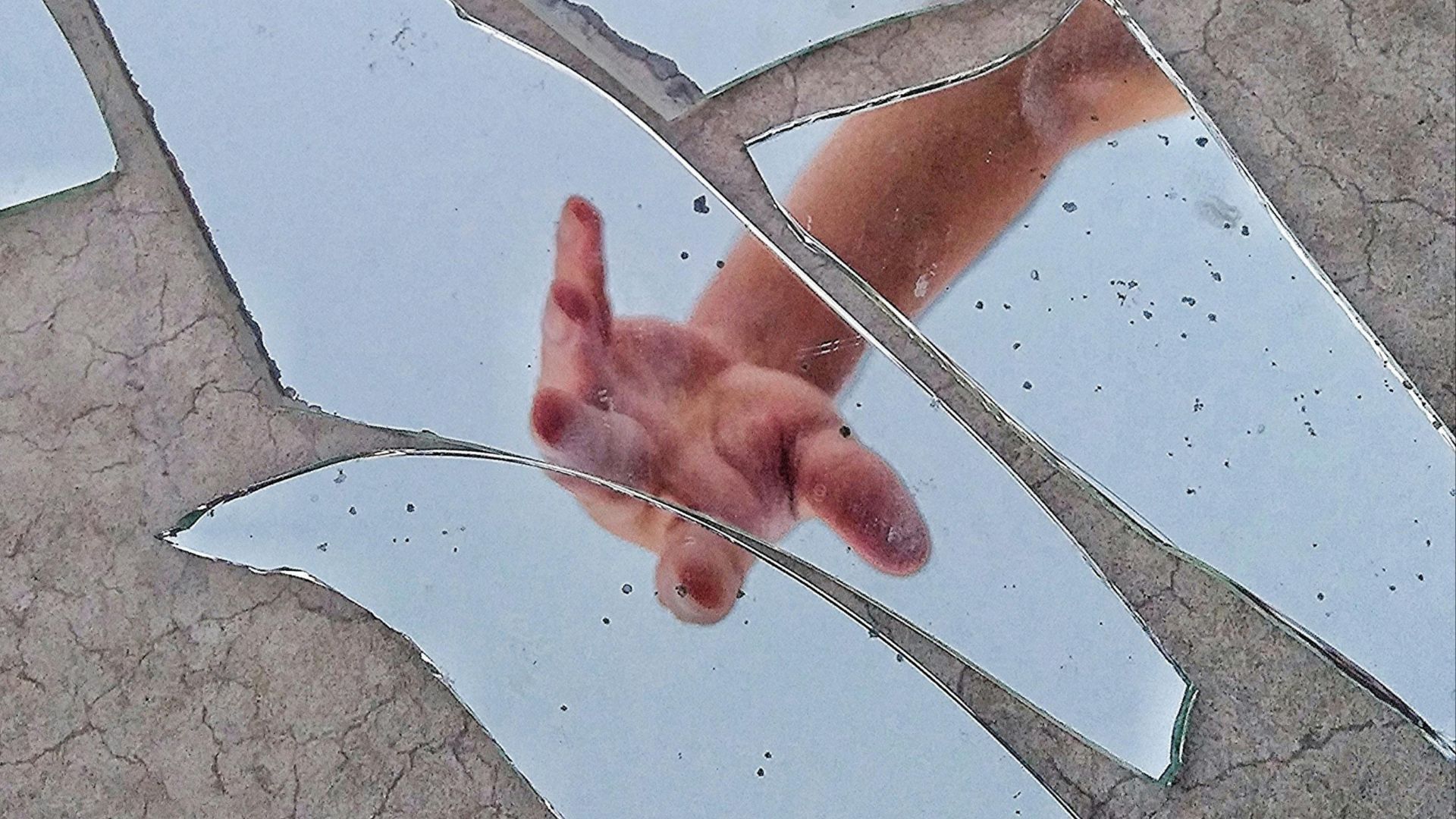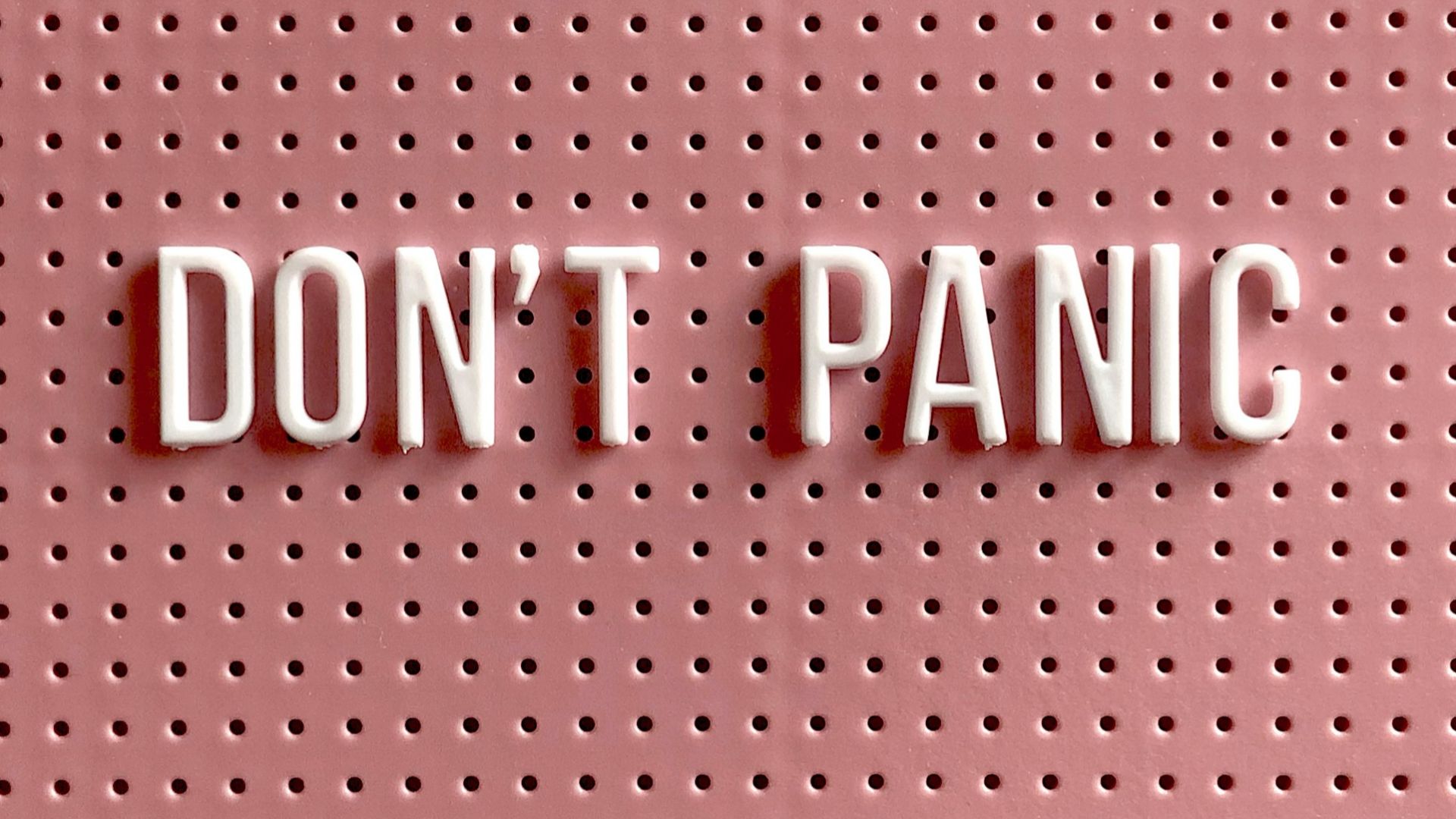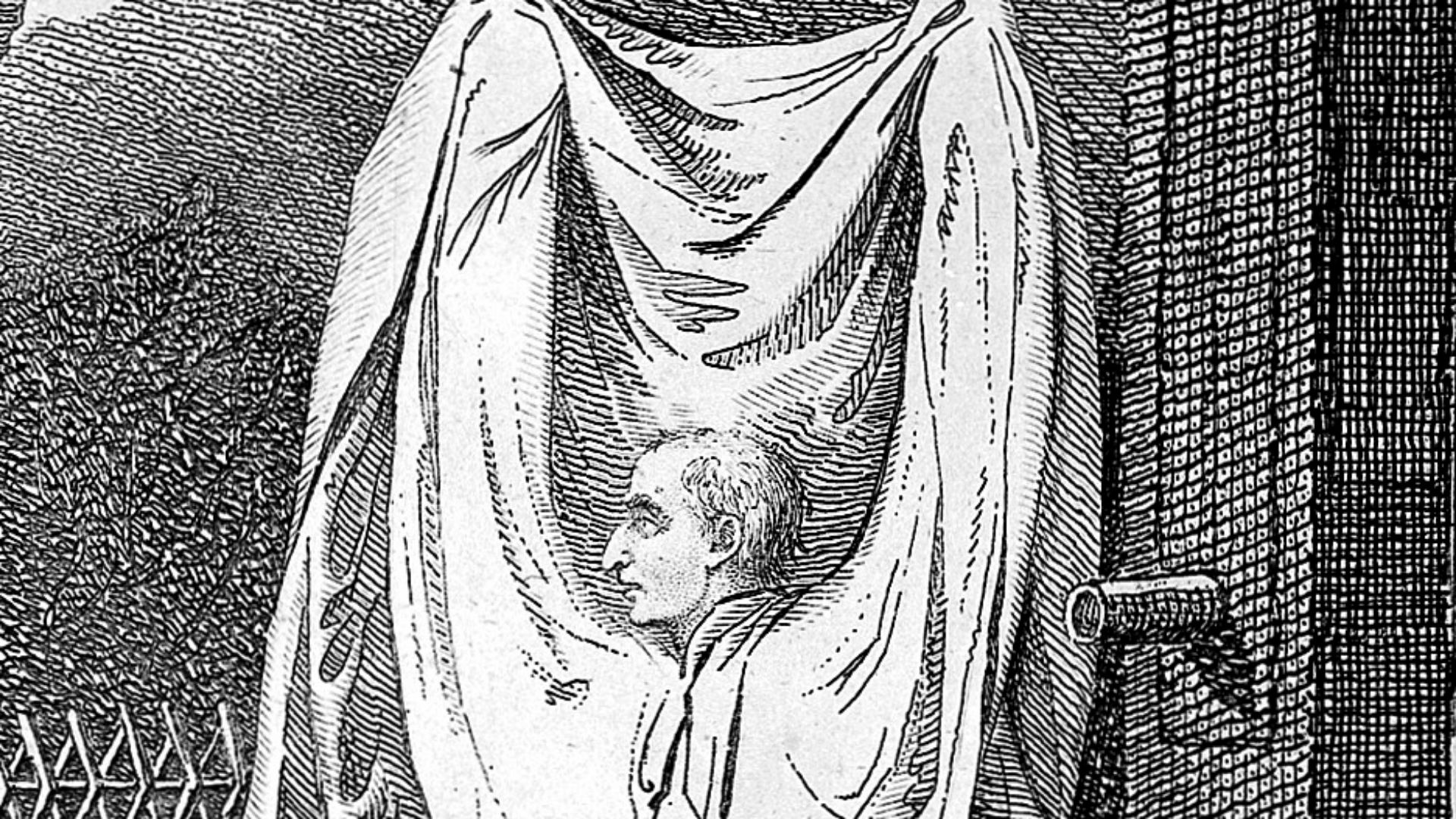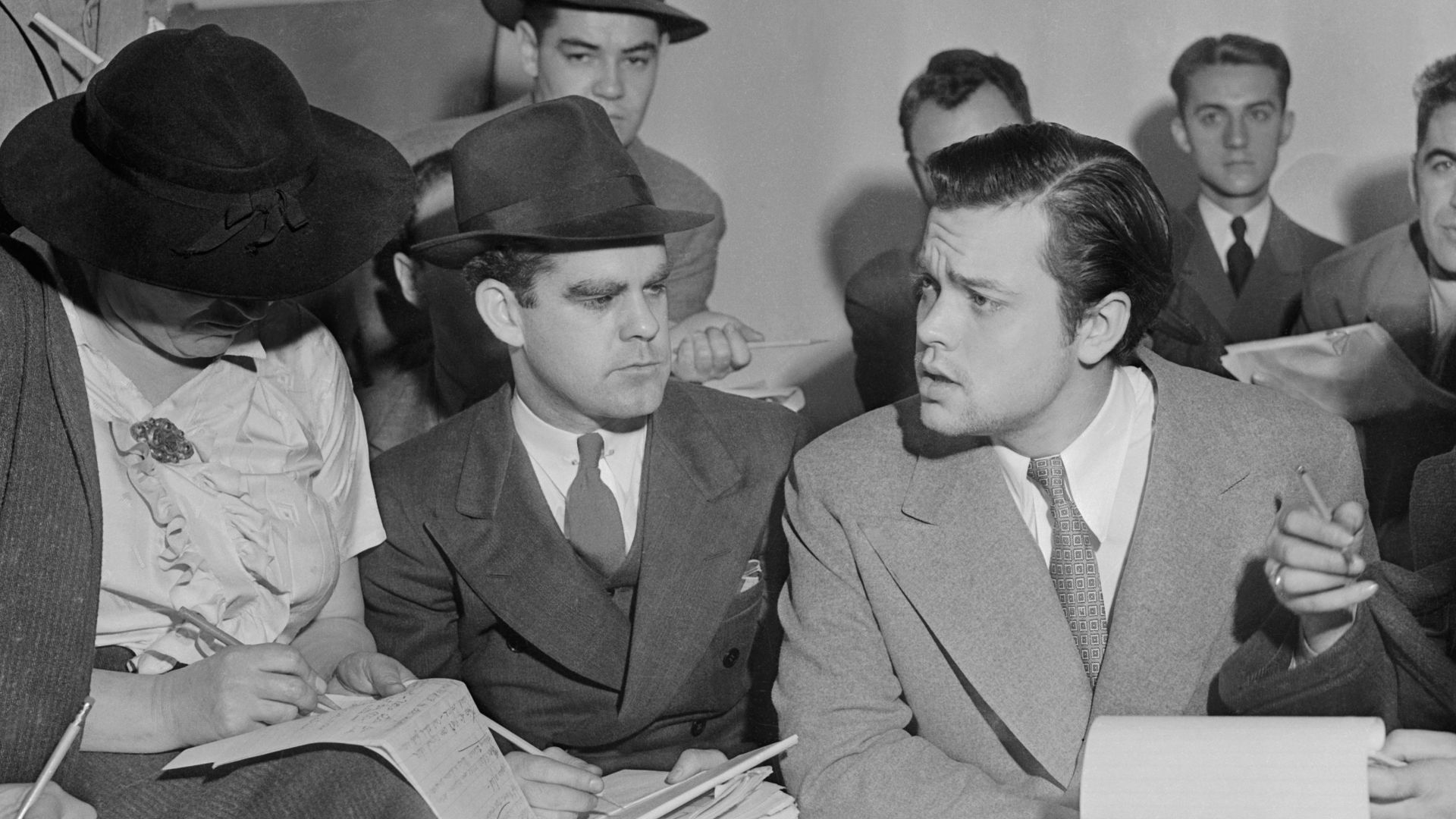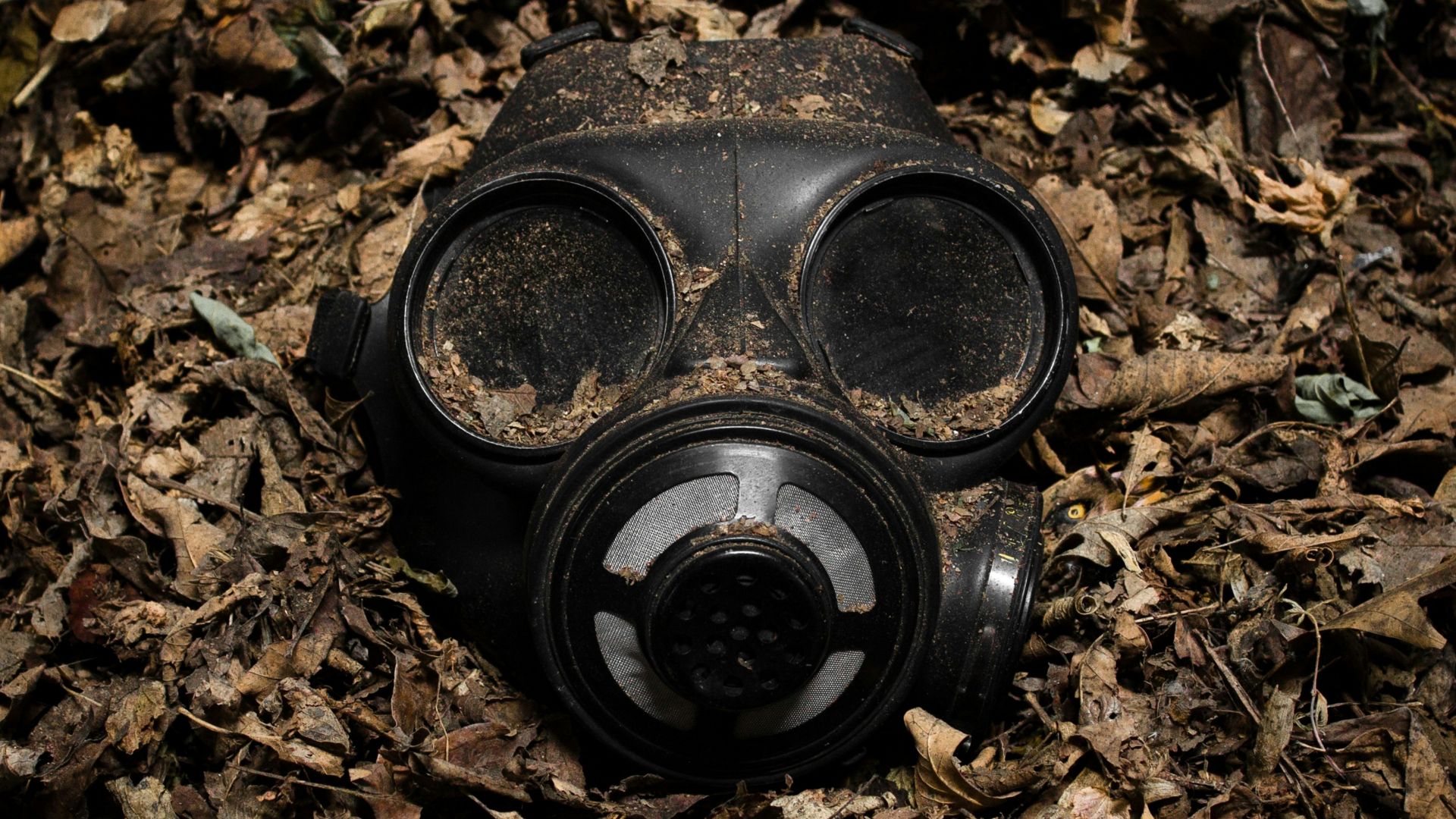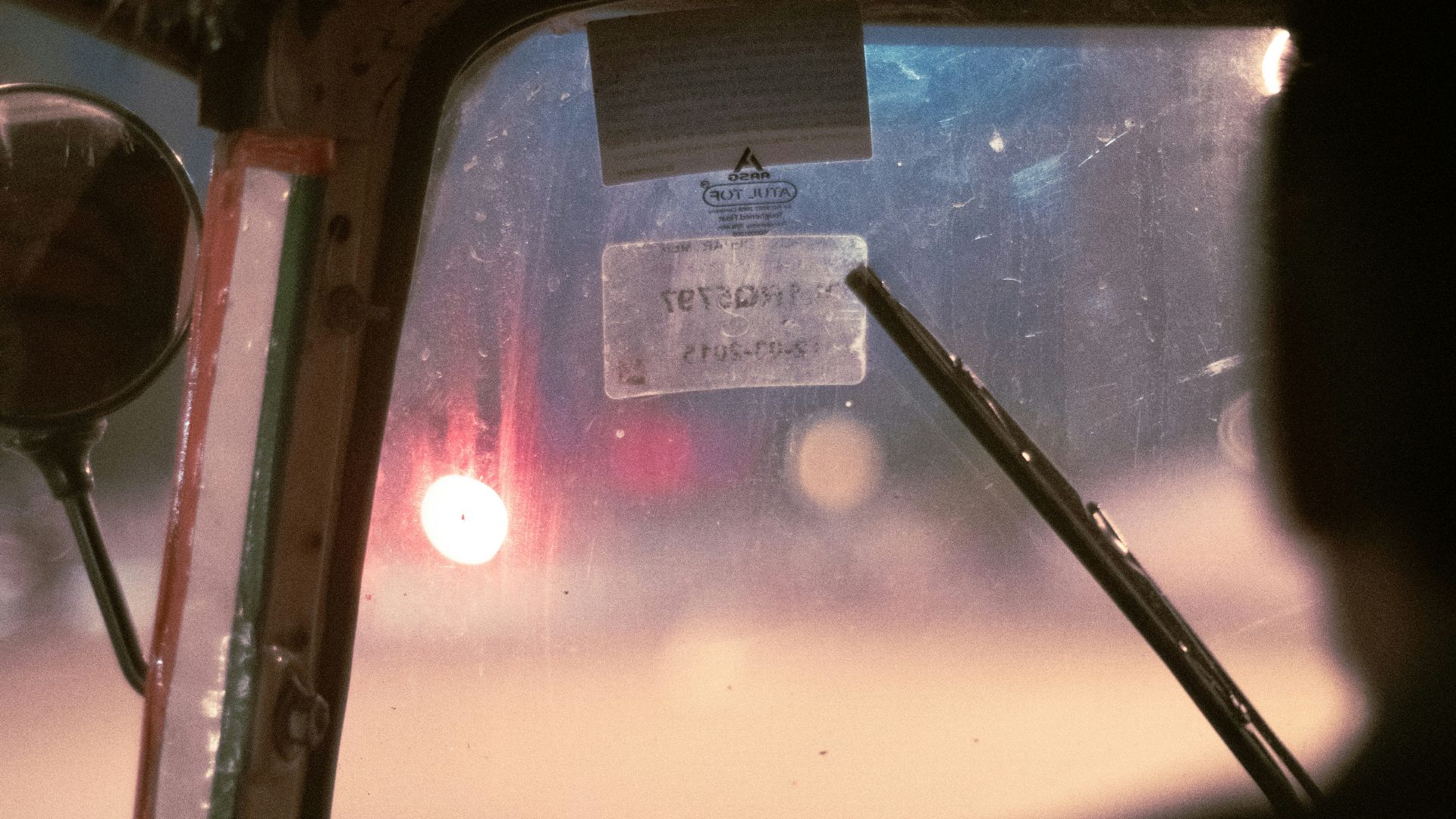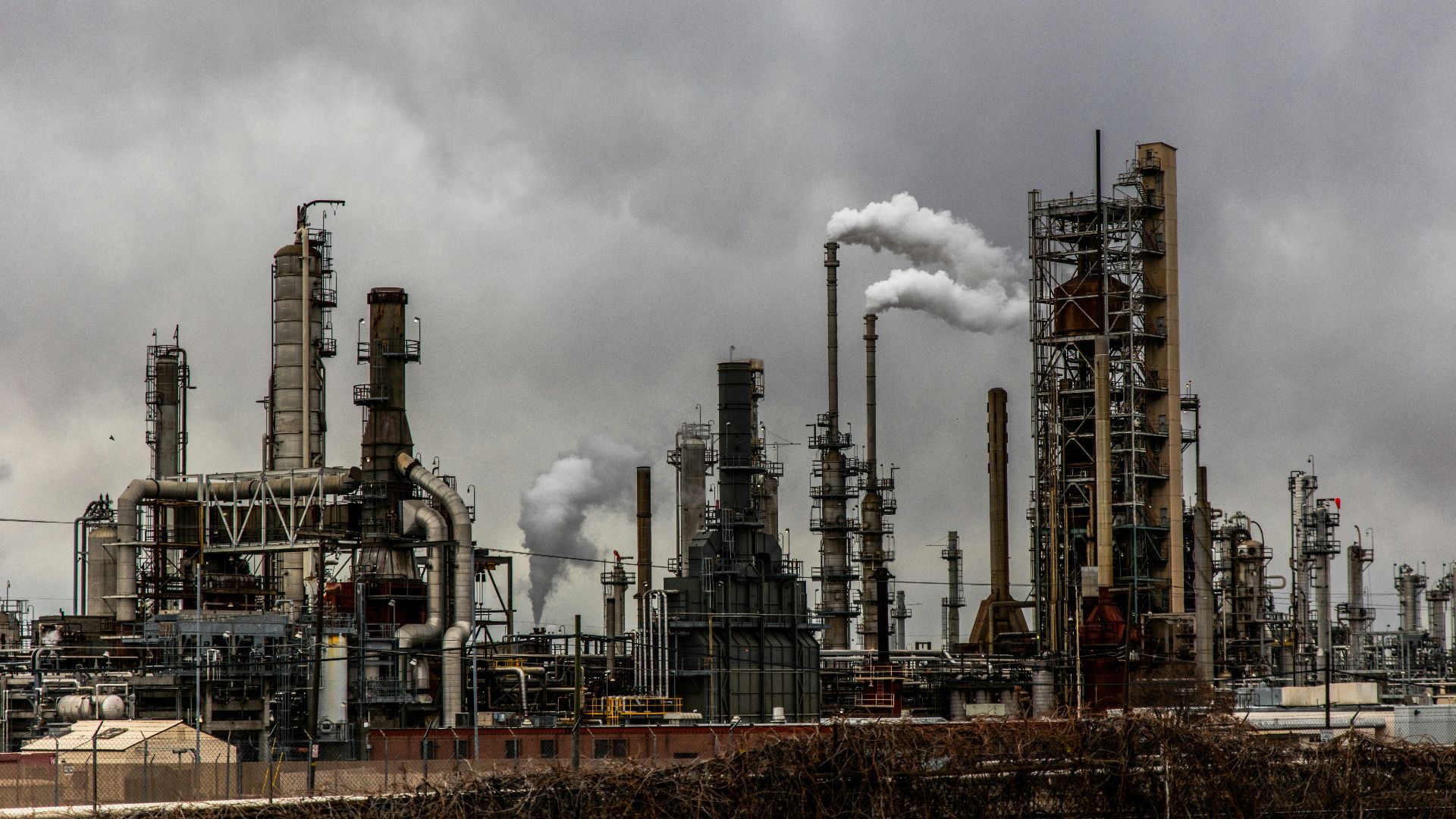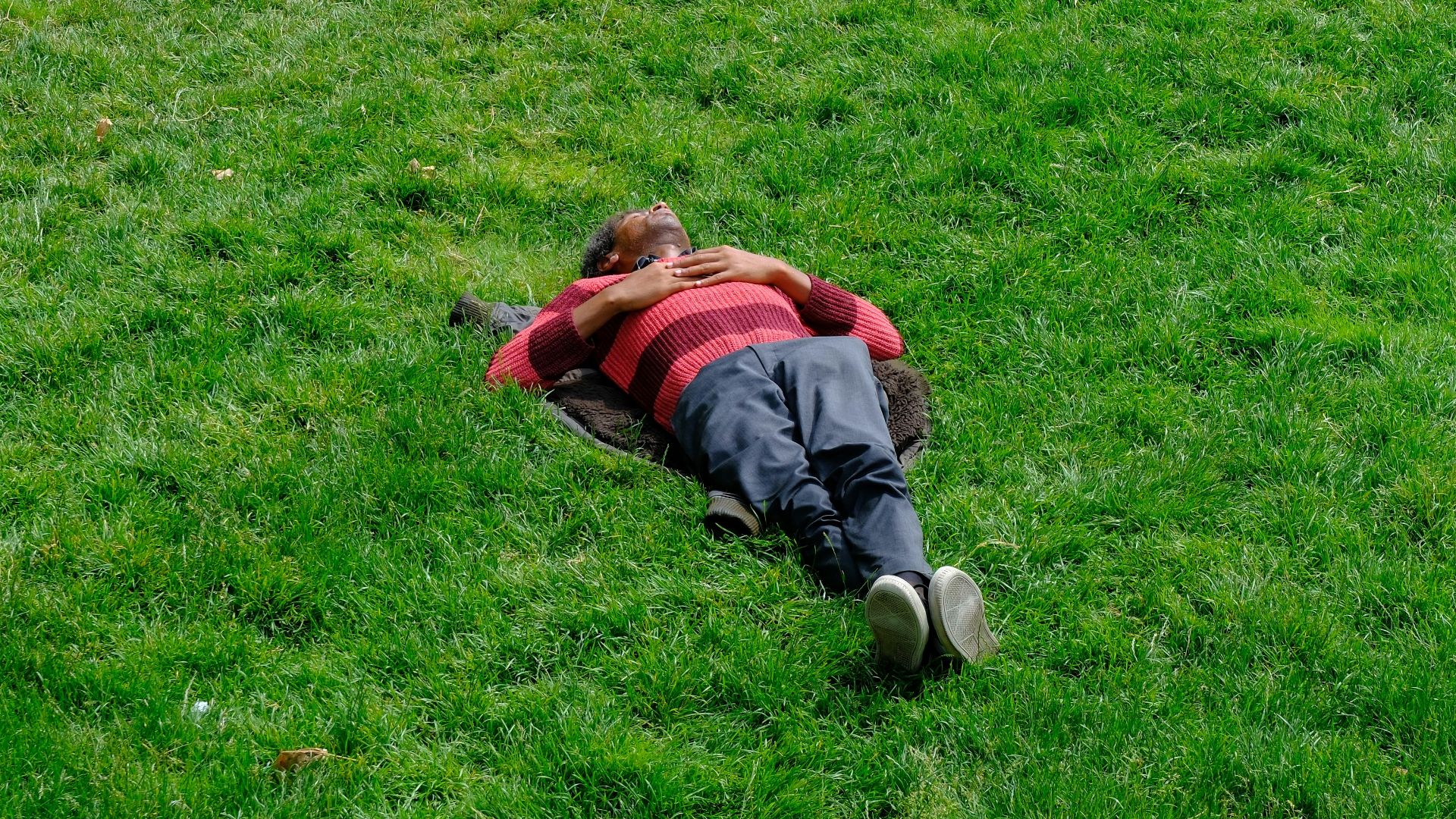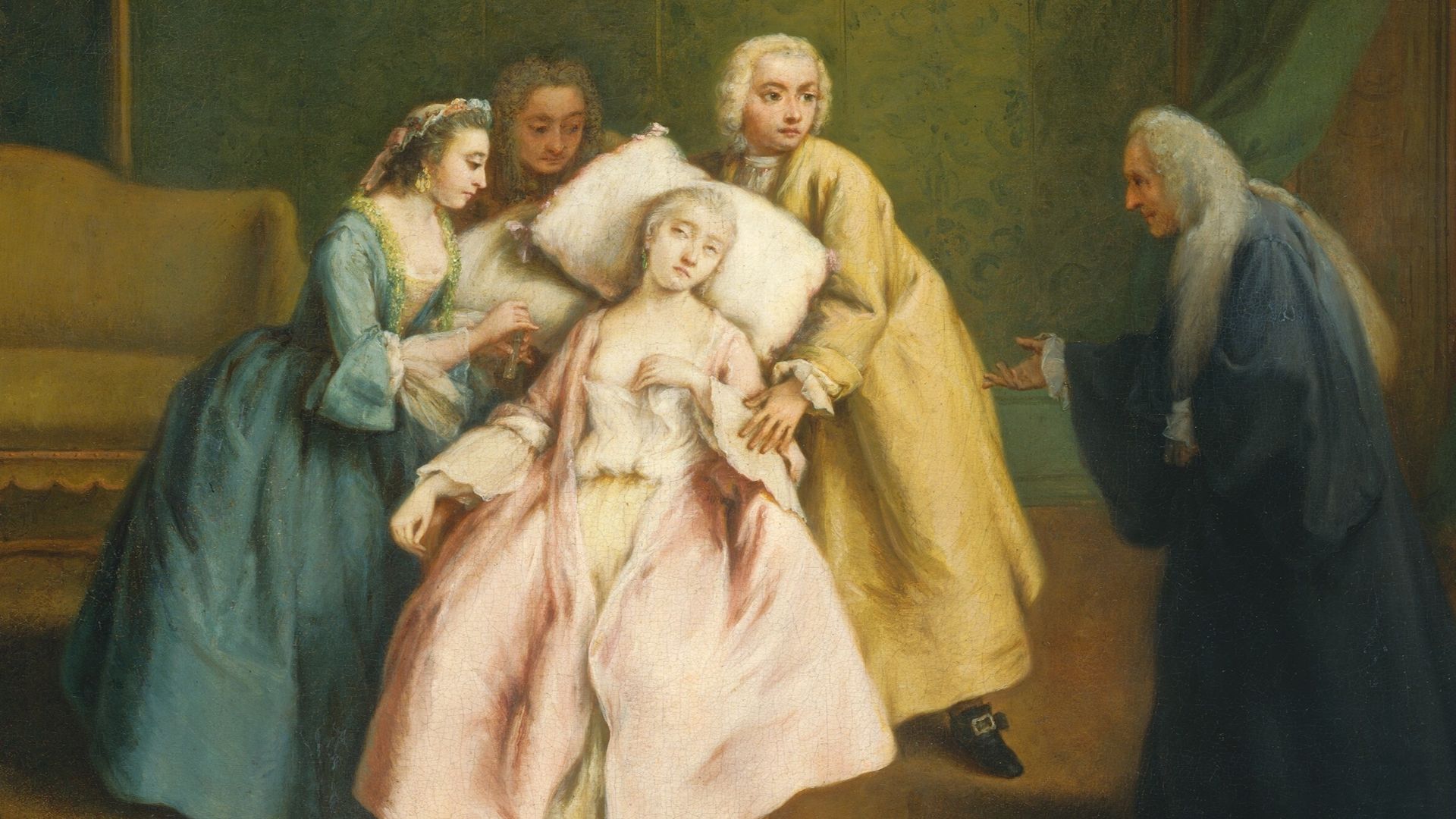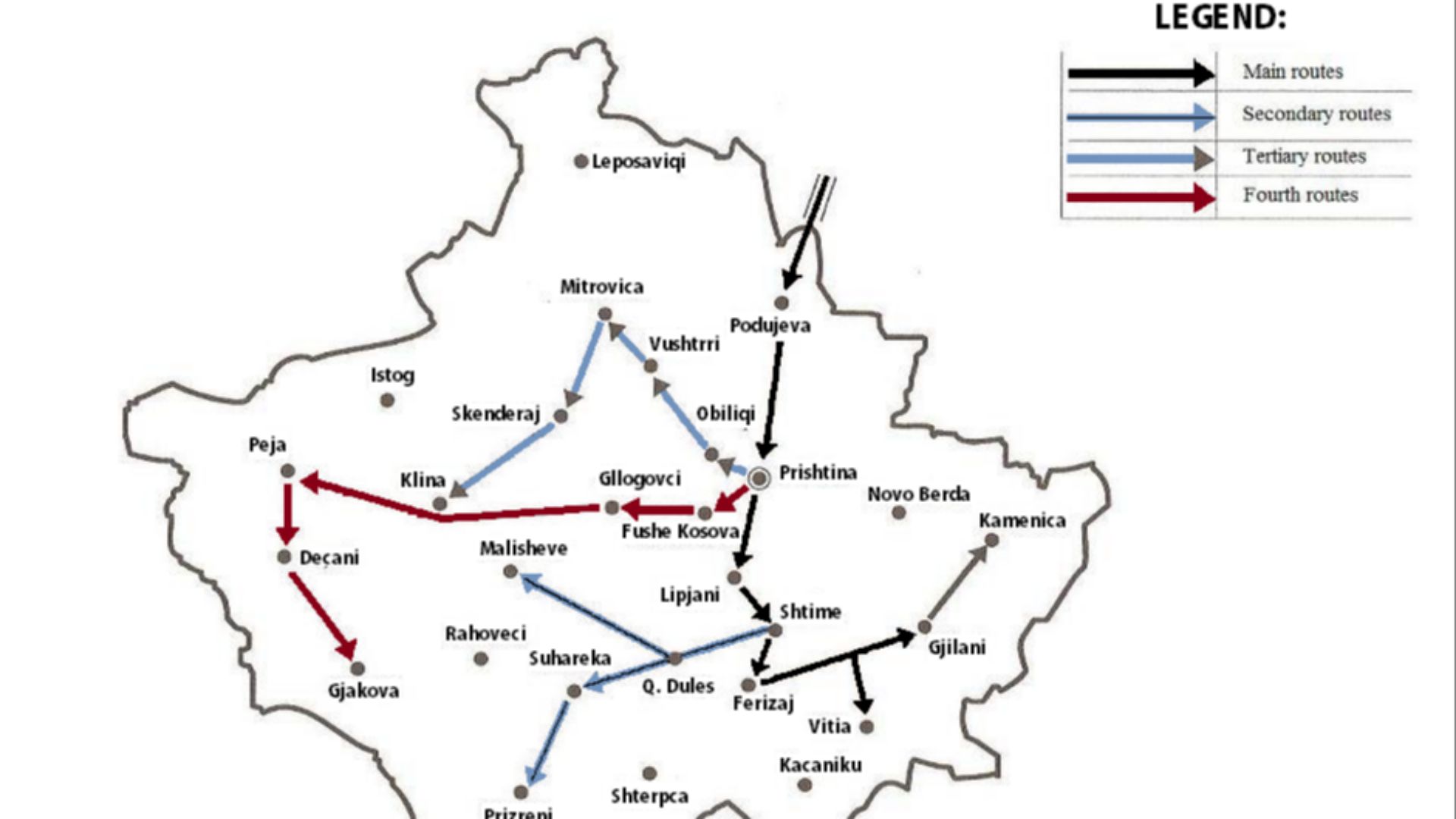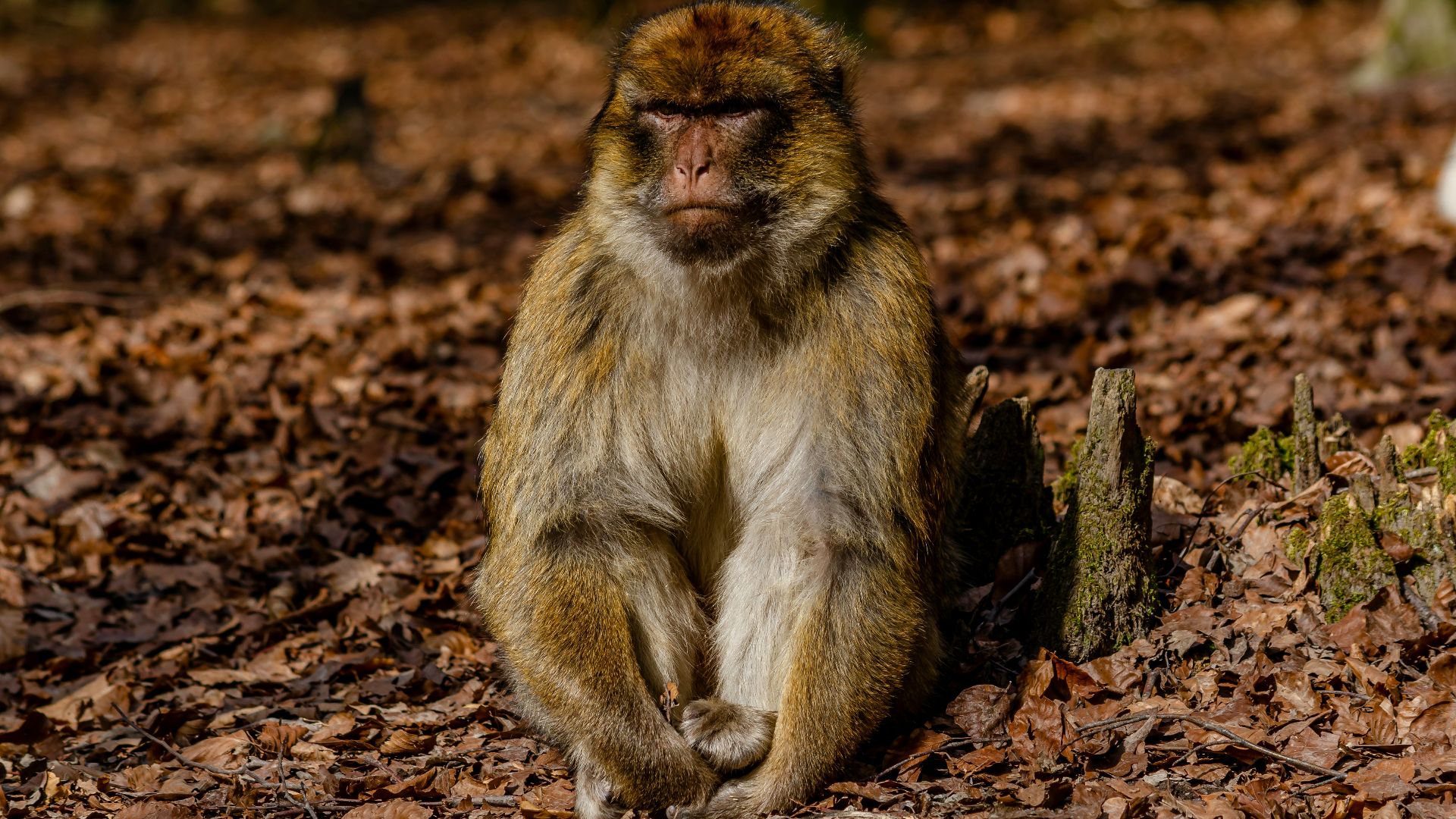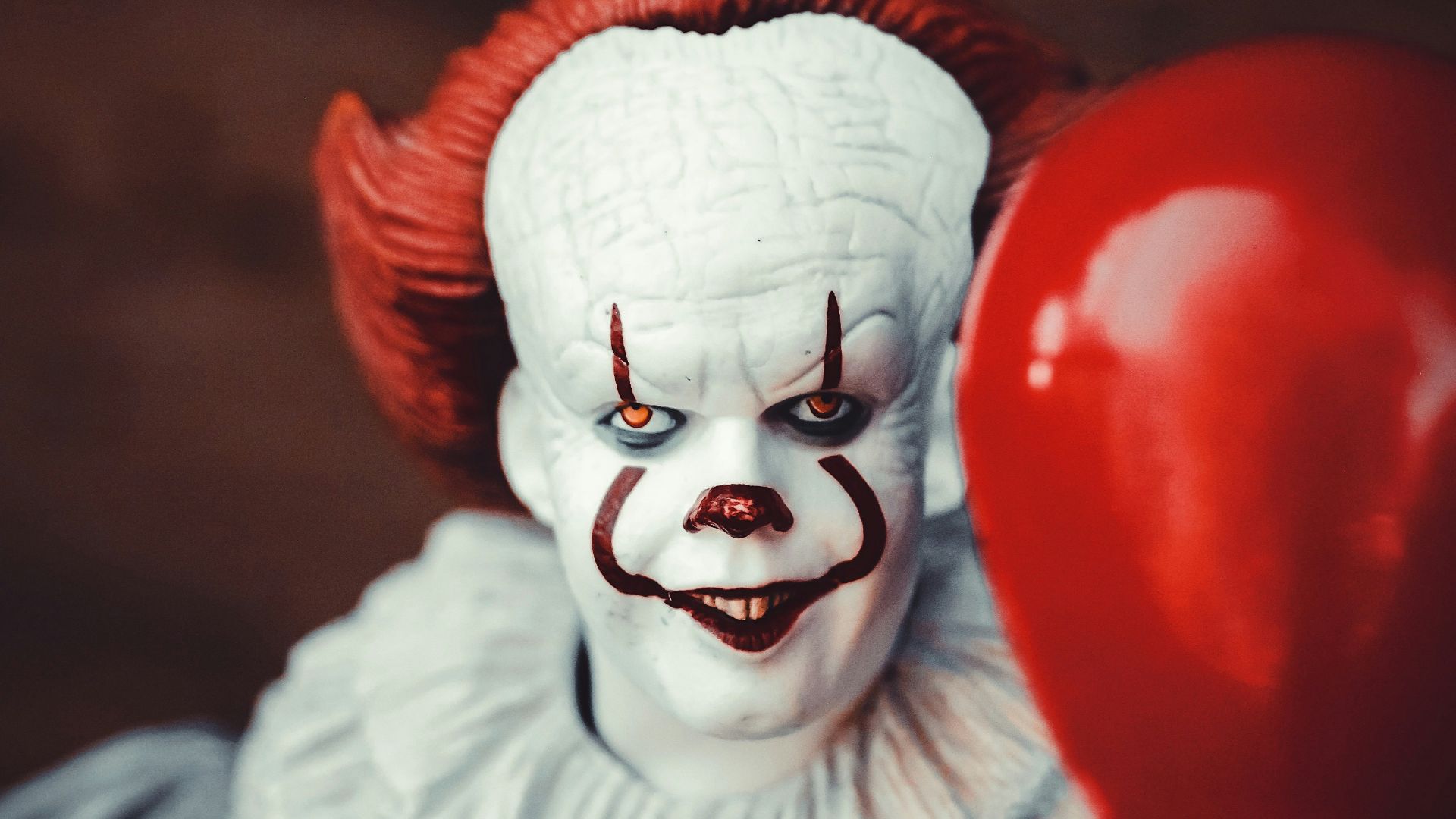Everybody Stay Calm
Mass hysteria occurs when a group of people are afflicted with the same symptoms or fears but no known cause. While mass hysteria can begin in the mind, it can manifest in physical symptoms as well. Mass hysteria tends to develop in times of tension and heightened paranoia, with external anxieties leading to collective fear.
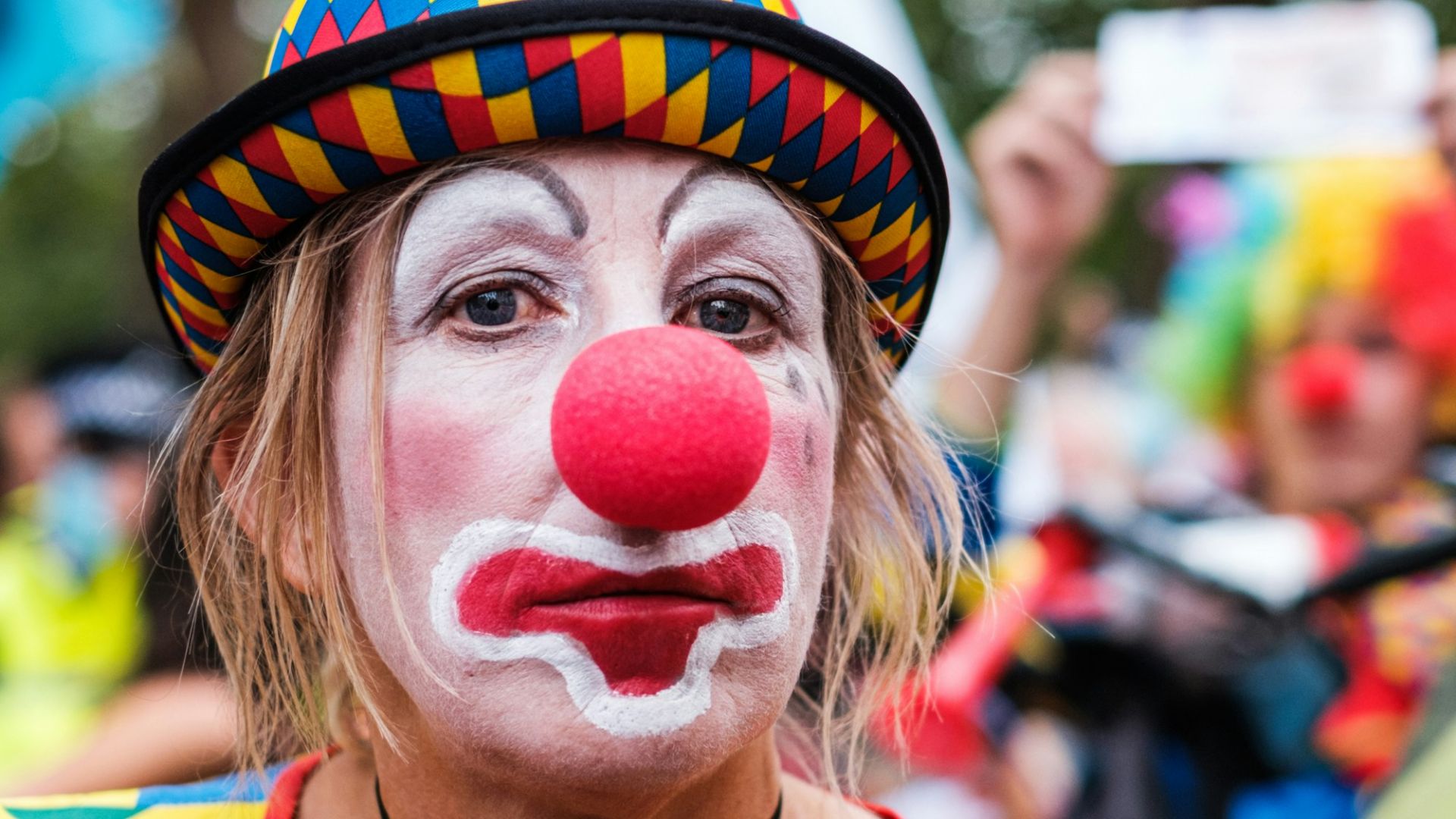 Ehimetalor Akhere Unuabona on Unsplash
Ehimetalor Akhere Unuabona on Unsplash
1. Dancing Plague Of 1518
One of the most famous and baffling cases of mass hysteria was the Danging Plague of 1518. It began in Strasbourg Germany, when one woman spontaneously started dancing. As many as 400 people followed her, literally dancing until they dropped. The dancing plague ended as suddenly as it started.
2. Salem Witch Trials
The most famous case of mass hysteria on this list, the Salem Witch Trials started in 1692 when two affluent girls complained of being pinched by unseen agents. Eventually, more than 200 people were accused of withcraft, with 20 being sentenced to capital punishment. Some people attribute this hysteria to fungal poisoning from rye bread; however, it was more likely an issue of factionism with the accused being poor, enslaved, or otherwise marginalized by their accusers.
3. Glass Delusion
Perhaps the glass delusion does not belong on this list, as it was an early manifestation of mental illness rather than widespread hysteria. As glass became a valuable commodity in the 16th and 17th centuries, certain people feared that they were made of glass and could shatter at any minute. Among these sufferers was Princess Alexandra of Bavaria, who believed that she had swallowed a glass piano in her childhood.
4. The Great Fear
As if things weren't tense enough at the start of the French Revolution, rural populations were overtaken by a Great Fear. Following grain shortages and political unrest, rumours spread that aristocrats were purpsefully witholding grain to starve peasants. This lead to mobs of fearful peasants arming themselves in self-defense and attacking manor houses.
5. Hammersmith Ghost Hysteria
In 1803, a ghost was reported in Hammersmith, London, it was very tall and dressed all in white. Many believed it was the soul of someone who was buried in consecrated ground after taking their own life. When the hysteria reached its peak, a bricklayer was shot when he believed to be the ghost.
6. Spring-Heeled Jack Sightings
Spring-Heeled Jack was a figure in English folklore reported between 1837-1904. With his fiery red eyes, clawed hands, and oilskin cloak, he quickly became a Victorian bogeyman. While several assaults were attributed to Spring-Heeled Jack, no culprit was ever caught.
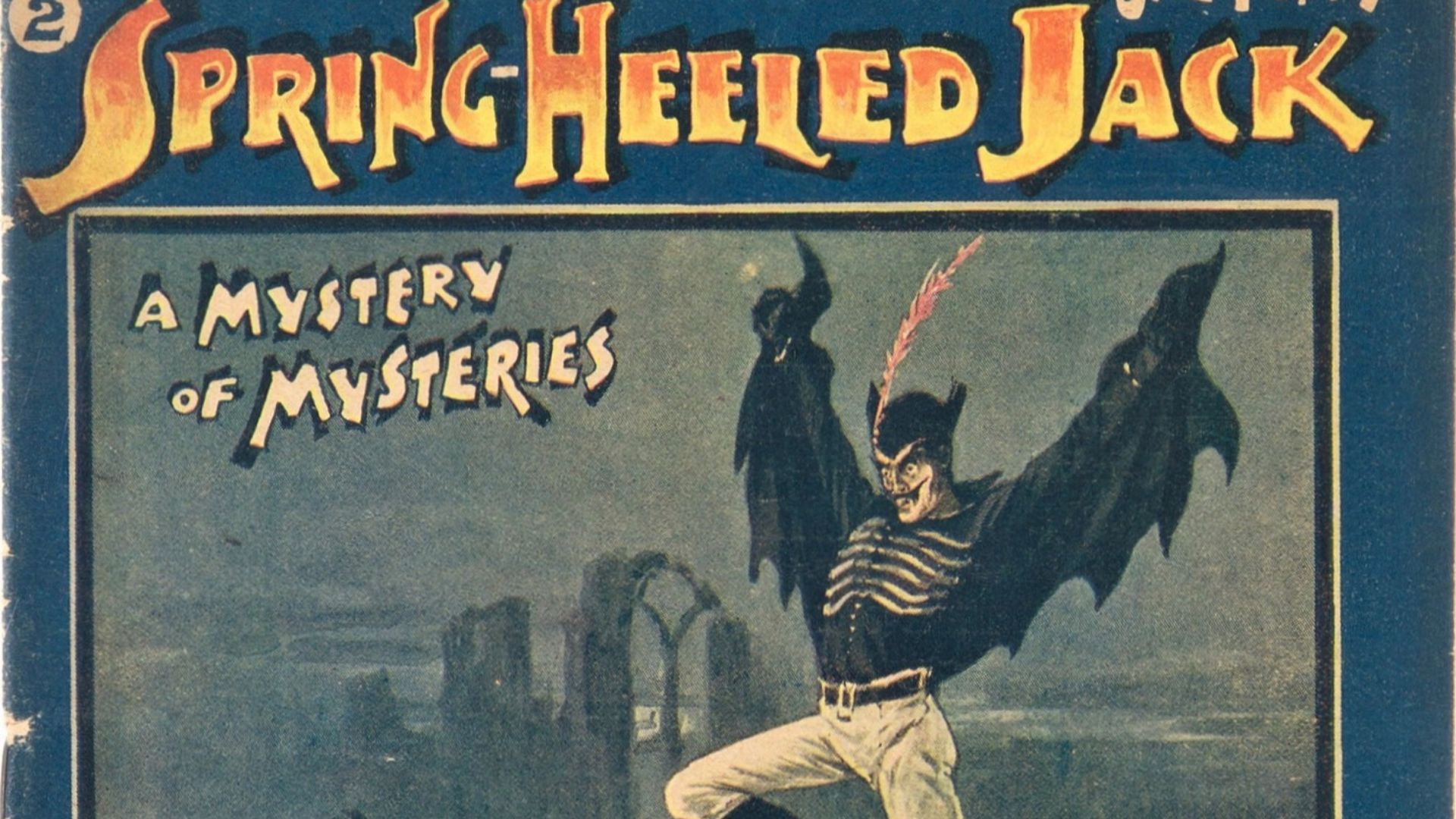 Robert Prowse Jr. (1858–died circa 1934) on Wikimedia
Robert Prowse Jr. (1858–died circa 1934) on Wikimedia
7. The Writing Tremor Epidemic
In 1892, schoolgirls in Groß Tinz, Germany, suddenly found themselves unable to hold a pen without shaking. Not only were the girls unable to write, but some even experienced amnesia and altered consciousness. A similar epidemic plagued students in Basel, Switzerland the following year.
 Digital Content Writers India on Unsplash
Digital Content Writers India on Unsplash
8. The War Of The Worlds Broadcast
Legendary filmmaker Orson Welles was known not only for making Citizen Kane, but also for inadvertantly plunging the American public in a martian-based panic. In 1938, Welles directed a radio adaptation of The War of the Worlds by H. G. Welles. Unaware of the program's fictional basis, listeners across the country thought they were listening to coverage of an actual alien invasion.
9. Mad Gasser Of Mattoon
Toward the end of WWII, a town in Illinois allegedly became the target of widespread chemical warfare. The citizens of Mattoon fell ill after smelling a sickly sweet odor, with some becoming temporarily paralyzed. Officially, the smell came from a diesel engine company; strangely, none of the company's employees had ever fallen ill.
10. Seattle Windshield Pitting Epidemic
Vandalism, sand flea eggs, and nuclear bomb testing where all blamed for tiny pockmarks in Seattle windshields. Close to 3000 people reported damage to their windshields, and President Eisenhower was even called in to investigate. An inspection of thousands of cars revealed the damage to be 95% mass hysteria and 5% "hoodlumism" along with regular wear-and-tear.
11. Tanganyika Laughter Epidemic
Shortly after Tanganyika (now united with Zanzibar to form Tanzania) won its independence in 1961, a girls' boarding school began to witness a strange epidemic. What started as a few students being unable to stop laughing eventually lead to the closure of four schools. While teaching staff were seemingly immune, thousands of young people experienced fainting, respiratory problems, and rashes.
12. June Bug Epidemic
In 1962, 60 textile workers in an American mill suddenly became afflicted with rashes, nausea, and numbness during long shifts. This case was called the "June bug epidemic" due to the mistaken belief that the factory was home to a bug whose bites brought on the symptoms. Actually, there were no bugs in factory, and stress and poor business organization likely led to the epidemic.
13. Blackburn Faintings
Widespread fainting epidemics occurred throughout Blackburn, England in 1965. While at least one could be explained by the fainters standing in the hot sun for hours without water, others leave much to be explained. Almost 100 schoolgirls were rushed to the hospital after fainting with seizures and chattering teeth. One explaination suggested that a polio outbreak the previous year led to lasting emotional effects on a vulnerable population.
14. Hollinwell Incident
Another case of fainting among English schoolchildren, around 300 students fainted on July 13, 1980. The fainting began suddenly, and attacks included sore eyes, dizziness, and vomiting. Curiously, several horses fell ill at the same time, but there was no link to the fainting attacks.
15. Ganesha Milk Miracle
Reports of holy statues appearing to weep are common enough, but how about a holy statue drinking milk? That's exactly what happened when a statue of Ganesha was offered milk in New Delhi. Similar reports were made of religious statues around the world, including a statue of the Virgin Mary in Singapore.
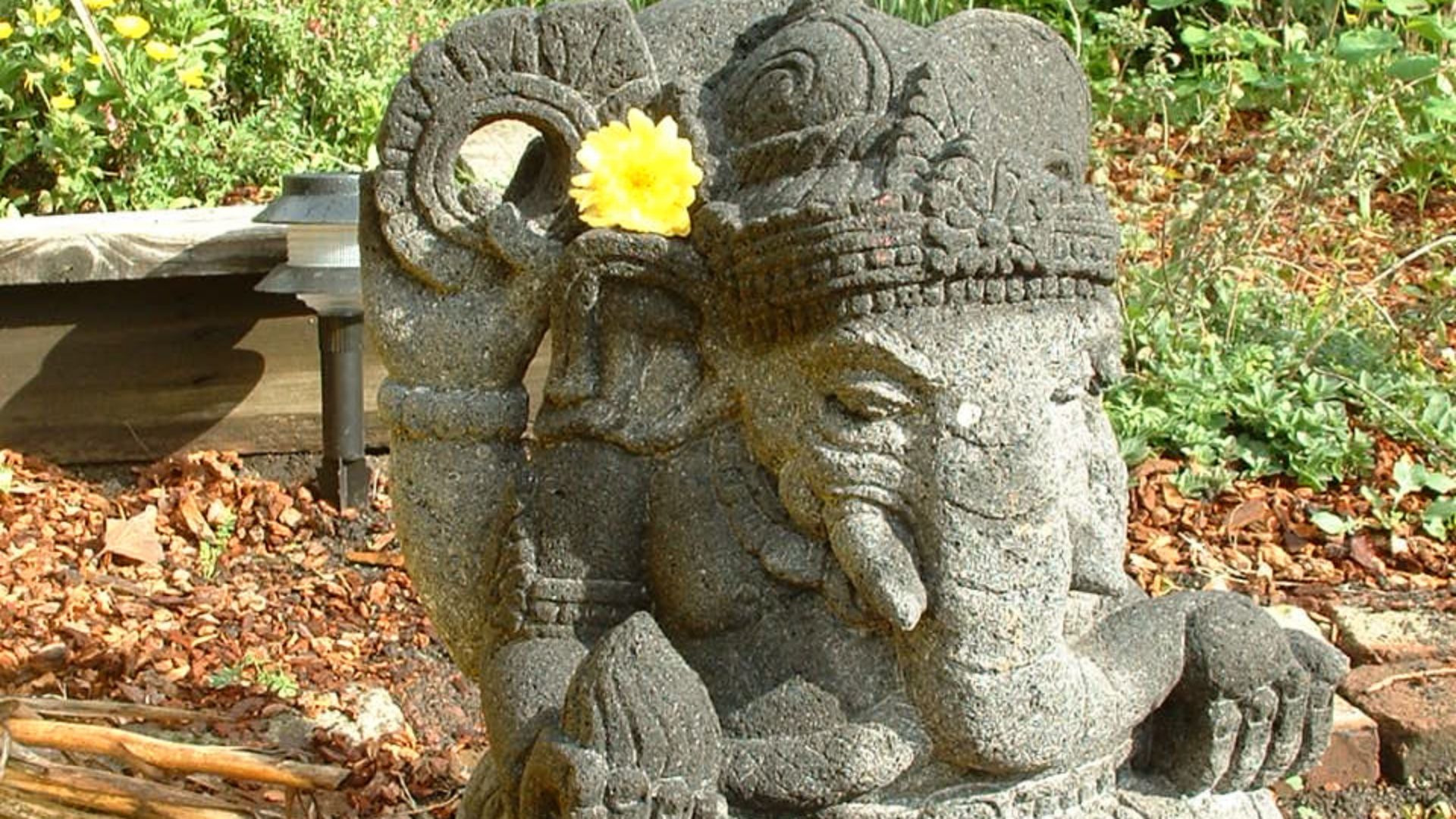 Greg Kidd from Oakland, USA on Wikimedia
Greg Kidd from Oakland, USA on Wikimedia
16. Kosovo Student Poisoning
Shortly after the Serbian government decided to segregate Serbian and Albanian students in Kosovo, more than 7400 students were sickened by a mysterious and unidentified gas. In addition to flushed eyes and faces, students fainted, vomited, and convulsed. To this day, doctors around the world are unable to pinpoint the cause of this illness.
17. Monkey-Man Of Delhi
In May 2001, Delhi residents took to sleeping on their roofs to escape the heat, only to fall into the clutches of a mysterious creature. Part monkey, part man, this creature stood at four feet tall (minus roller skates) and attacked innocent sleepers, mostly of lower socioeconomic class. More than 60 injuries as well as two fatal falls occurred as a result.
18. 9/11 Skin Rashes
After the events of 9/11, students across the country were sent home with unexplainable rashes. Curiously, this outbreak was not geographically linked to the attack, as dozens of students simultaneously contracted red rashes that went away as soon as they went home. Unable to link these rashes to any common illness, this outbreak was likely a psychosomatic stress response.
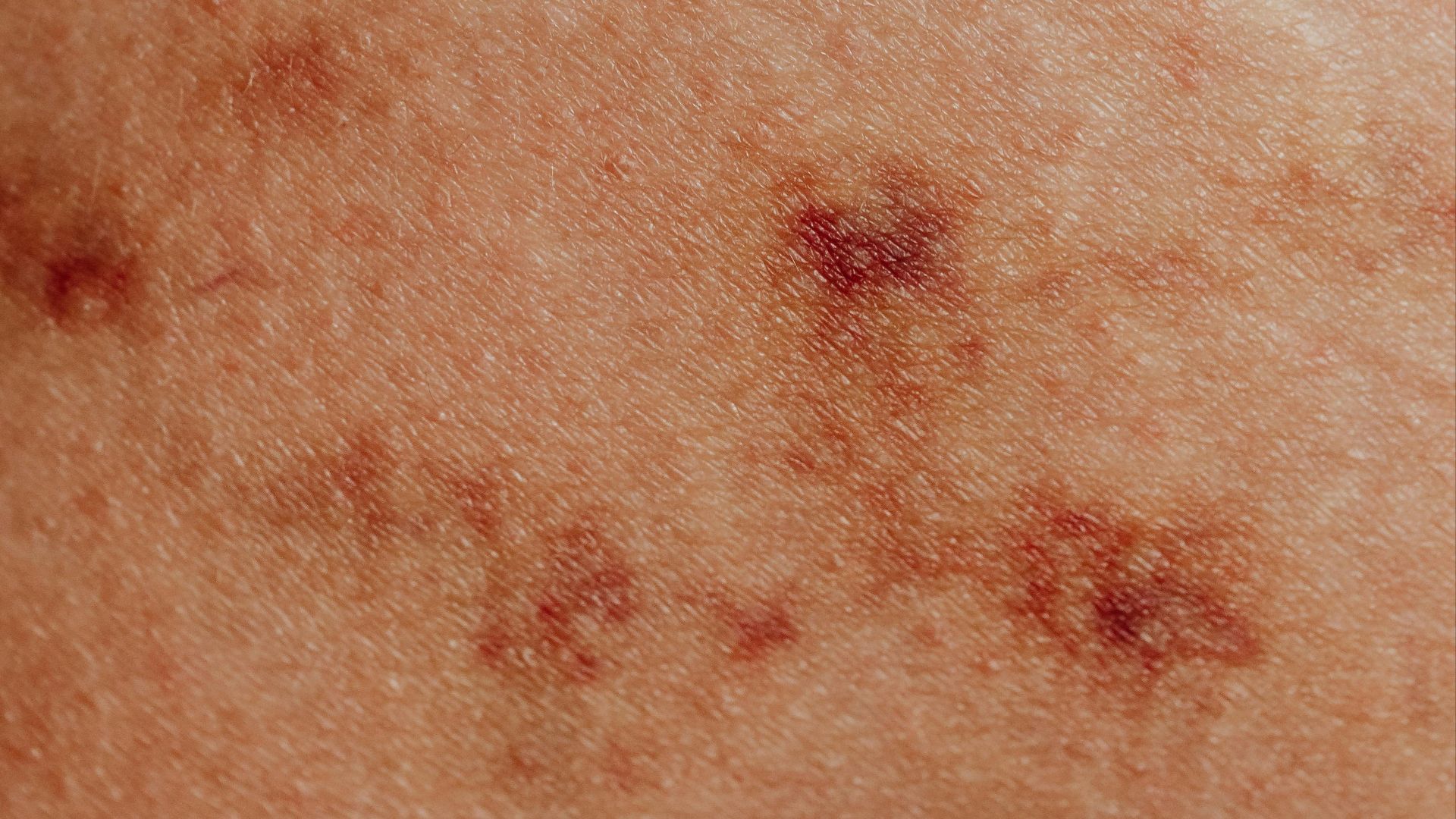 Photo By: Kaboompics.com on Pexels
Photo By: Kaboompics.com on Pexels
19. Strawberries With Sugar Virus
It's understandable that teens want to be like the characters on their favorite TV shows, however, most fans don't take it so far as to contract the same virus as the character. In 2006, fans of the Portuguese teen soap opera Strawberries with Sugar came down to symptoms eerily similar to those on the show. Shortly after an episode aired featuring the characters contracting a mysterious illness, those same symptoms—rashes, trouble breathing, dizziness—began showing up in schoolchildren.
20. 2016 Clown Panic
Coulrophobia (or the fear of clowns) is one of the most common phobias, clown-based panic reached a new height in 2016. What began as a marketing stunt for a short film lead to alleged clown sightings all the way from Wisconsin to Australia. The clown panic lead to at least 12 arrests and one unfortunate death, but no "real" creepy clowns were ever caught.


